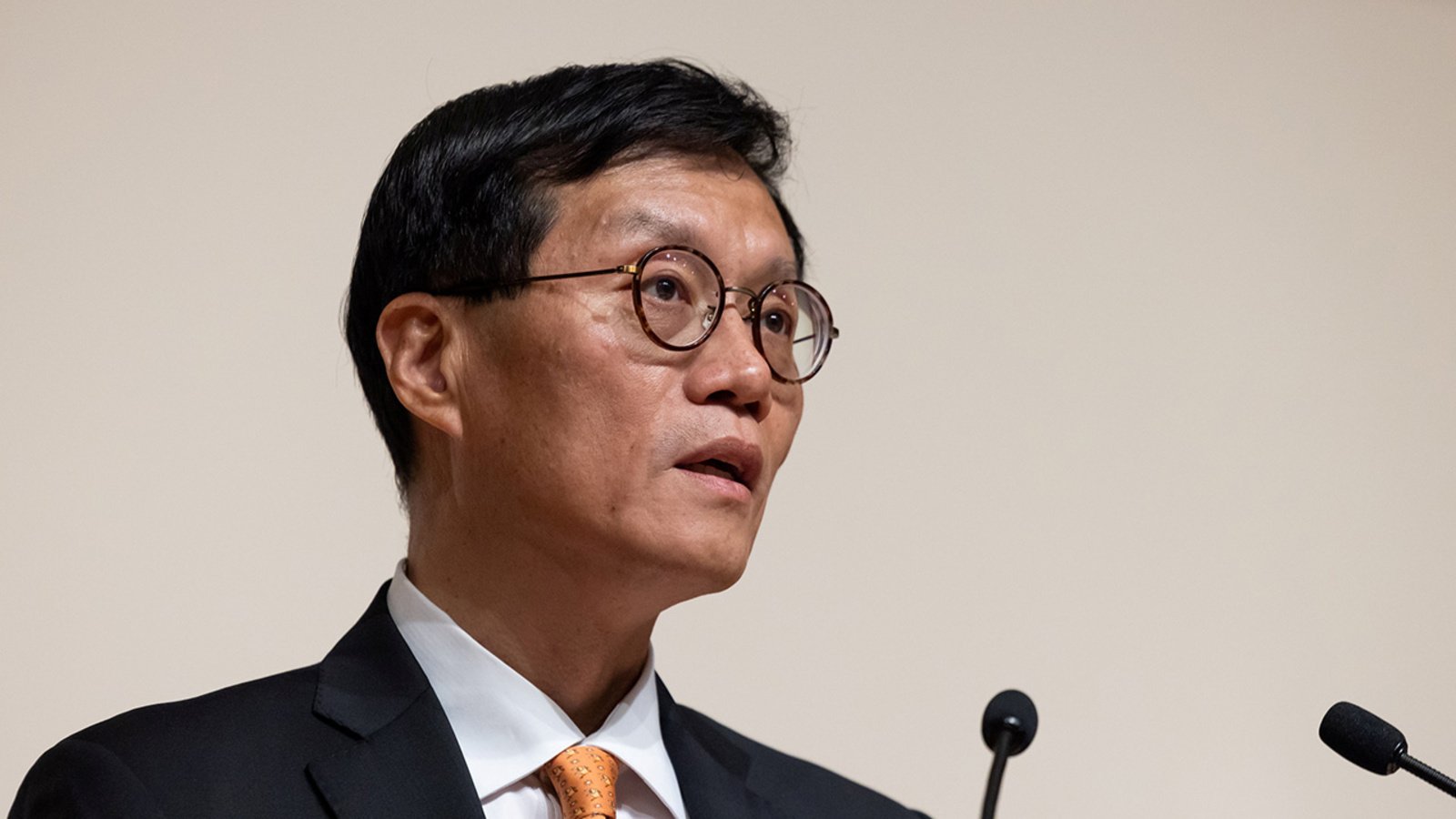


In a recent statement, Yoon Jong-won, former chief economic advisor to South Korea, emphasized the need for proactive measures to address the growing trade surplus with the United States. South Korea's exports to the U.S. surpassed $100 billion in 2022 and surged over 20% in 2023, reaching an impressive $127.8 billion in 2024. However, Yoon warned that this trade surplus, projected to exceed $100 billion over two years, poses risks, particularly in light of potential retaliation from the Trump administration [767c3834].
Yoon's concerns are underscored by President Trump's recent initiation of a review of trade practices on January 20, which could lead to selective tariff increases targeting countries with significant trade imbalances. As the U.S. economy is expected to grow close to 3% in 2023-2024, rising government bond yields may also impact global markets, adding to the complexities of international trade relations [767c3834].
In the context of these developments, Acting President Choi Sang-mok of South Korea had previously highlighted the importance of monitoring U.S. policy uncertainties during a macroeconomic meeting on January 30, 2025. Choi called for a joint monitoring system for financial markets to navigate the complexities introduced by U.S. policy shifts, which could affect South Korea's economic stability [43500ce6].
Additionally, Bank of Korea Governor Rhee Chang-yong noted the successful reduction of inflation to 1.6%, achieved through proactive fiscal policies. However, he acknowledged that geopolitical tensions and structural issues, such as low fertility rates and rising housing prices, could hinder economic growth [9d738e71].
As South Korea contemplates further rate reductions to support its economy, Yoon suggests that the country should strengthen its industrial policies and expand investments in technology sectors. He advocates for an expansionary fiscal policy to counter economic downturns and calls for increased support in R&D and infrastructure investments to bolster economic resilience [767c3834].